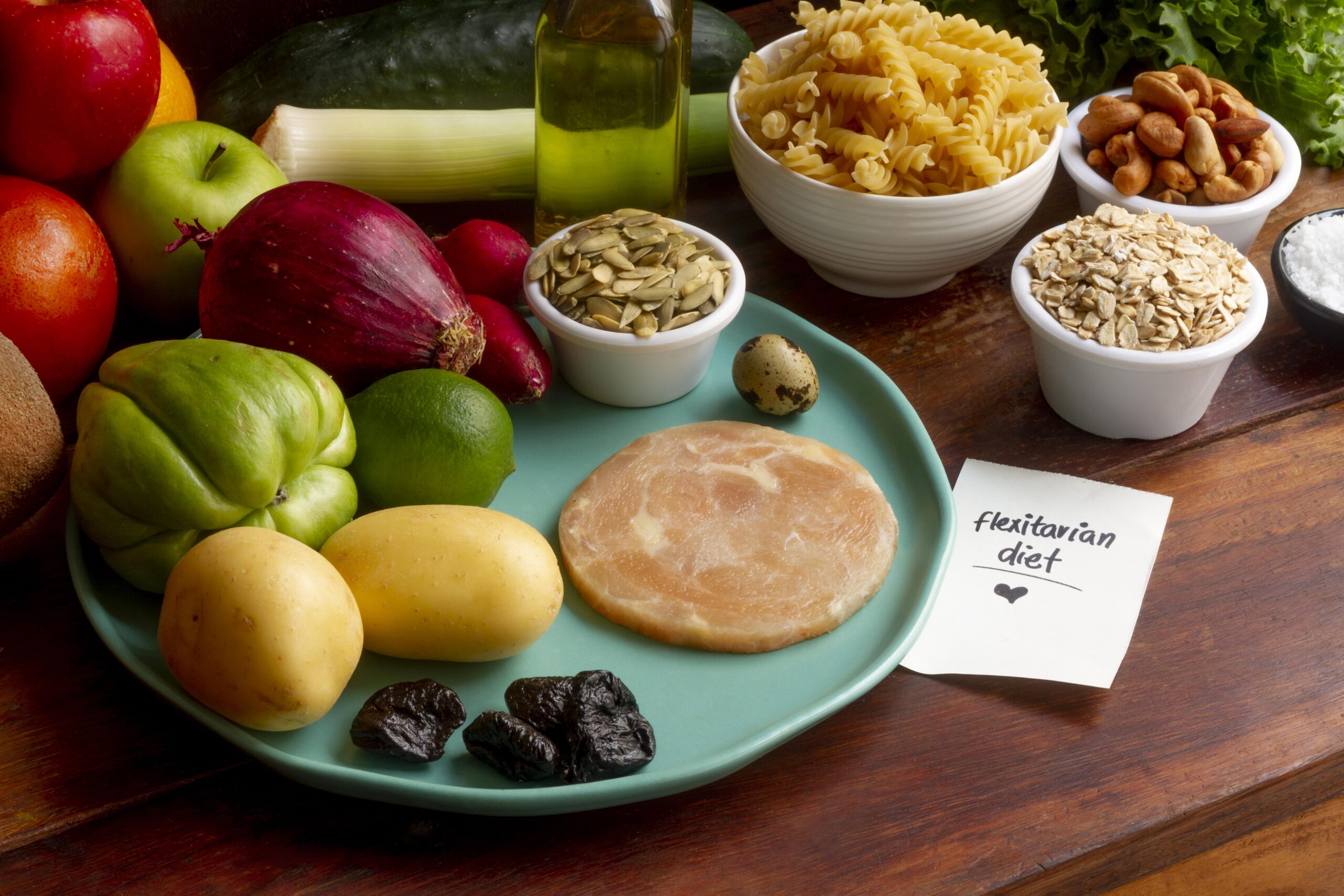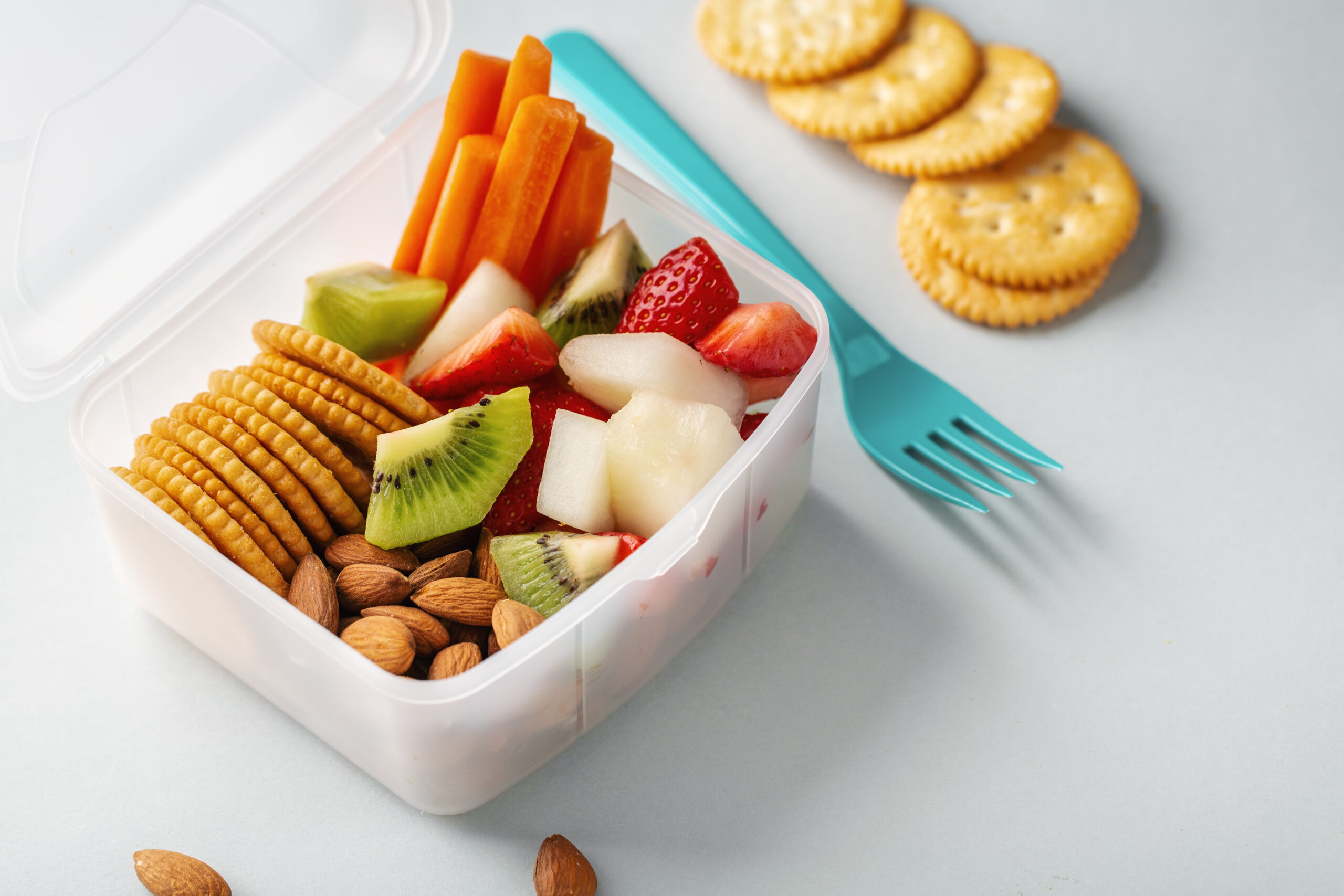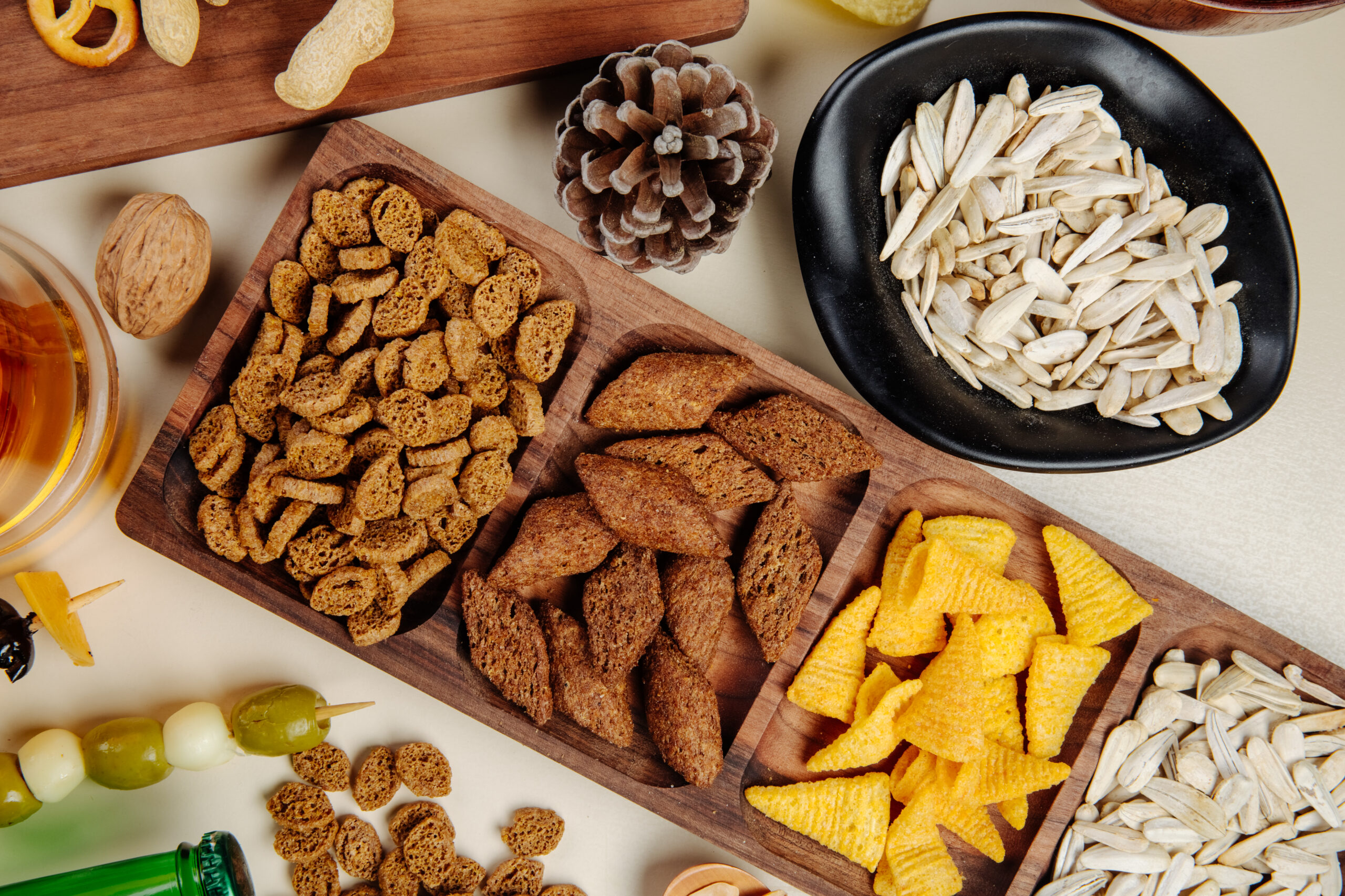🌿 Foods That Help with Digestion Naturally: Improve Your Gut Health the Natural Way
Introduction
Good digestion is the foundation of a healthy body. When your digestive system works smoothly, it helps your body absorb nutrients efficiently, boosts immunity, and maintains energy levels. However, due to poor diet, stress, and lifestyle habits, many people experience bloating, constipation, or indigestion.
The good news? You don’t need to rely on pills or supplements to fix digestion — nature already provides plenty of foods that support a healthy gut. In this article, you’ll learn about the best natural foods for digestion, how they work, and how to include them in your diet for long-term benefits.
🥗 1. Yogurt — The Probiotic Powerhouse
Yogurt is one of the best foods for gut health because it contains live probiotics — beneficial bacteria that balance the gut microbiome.
-
How it helps: Probiotics aid in breaking down food and enhance nutrient absorption.
-
Best choice: Choose plain, unsweetened yogurt with “live and active cultures.”
-
Bonus tip: Add a spoon of honey or fruits for a light, digestion-friendly breakfast.
🥬 2. Leafy Greens — Nature’s Detoxifiers
Vegetables like spinach, kale, and Swiss chard are rich in fiber, magnesium, and plant-based nutrients.
-
How they help: Fiber adds bulk to stool and promotes regular bowel movements.
-
Magnesium in greens relaxes muscles in the digestive tract, easing constipation.
-
Best way to eat: Steam or sauté them with olive oil for better absorption.
🍎 3. Apples — Fiber-Rich and Refreshing
Apples contain a special type of soluble fiber called pectin, which works like a natural cleanser for your digestive system.
-
Benefits: Pectin supports the growth of good bacteria and improves stool consistency.
-
Tip: Eat apples with the skin for maximum fiber and nutrients.
🥕 4. Ginger — The Ancient Digestive Healer
Used in traditional medicine for centuries, ginger helps relieve nausea, bloating, and stomach discomfort.
-
How it helps: It stimulates digestive juices and speeds up food movement through the stomach.
-
How to use: Add fresh ginger to your tea or meals for daily gut support.
💡 Pro Tip: Drinking warm water with lemon and ginger in the morning can reset your digestion for the day.
🍌 5. Bananas — Gentle on the Stomach
Bananas are rich in fiber and potassium, making them ideal for soothing an upset stomach or diarrhea.
-
Why they help: Bananas contain resistant starch that feeds good gut bacteria.
-
Eat this way: Perfect as a pre-workout snack or in smoothies for quick digestion.
🍠 6. Sweet Potatoes — Nutrient-Dense and Easy to Digest
Sweet potatoes provide soluble and insoluble fiber, which makes digestion smoother and keeps the gut lining healthy.
-
Bonus nutrients: Vitamin A and antioxidants support gut repair.
-
Best way: Bake or steam instead of frying to retain nutrients.
🧄 7. Garlic — The Natural Prebiotic
Garlic contains inulin, a prebiotic fiber that fuels good gut bacteria.
-
How it works: It creates a favorable environment for probiotics to thrive.
-
Added benefit: Garlic also has anti-inflammatory and antibacterial properties.
-
Tip: Use fresh garlic in cooking instead of garlic powder for better results.
🥥 8. Coconut Water — A Natural Hydrator
Hydration is crucial for healthy digestion. Coconut water restores electrolytes and soothes the digestive system.
-
Why it helps: It prevents constipation and supports nutrient absorption.
-
Bonus: Its natural enzymes (like catalase and peroxidase) promote healthy metabolism.
🥒 9. Cucumber — Cooling and Cleansing
Cucumber is high in water and fiber, making it great for hydration and detoxification.
-
Benefits: Helps flush toxins and reduces bloating.
-
Eat this way: Add to salads or infuse slices in water for a refreshing digestive drink.
🍋 10. Lemon — Natural Detox and Alkalizer
Lemon juice stimulates bile production, which is necessary for fat digestion.
-
How it helps: Balances stomach acid and improves nutrient absorption.
-
Morning ritual: Drink warm lemon water on an empty stomach for better digestion and hydration.
🥦 11. Broccoli — High in Fiber and Sulforaphane
Broccoli contains sulforaphane, a compound that reduces inflammation in the gut and supports detoxification.
-
How to eat: Lightly steam or add to soups — avoid overcooking to retain fiber.
🌾 12. Whole Grains — Fiber for Gut Motility
Oats, quinoa, brown rice, and barley contain both soluble and insoluble fiber.
-
Benefits: Promote bowel regularity and feed good bacteria.
-
Tip: Replace refined grains with whole versions for lasting digestive health.
🫘 13. Legumes — Plant-Based Protein and Fiber
Beans, lentils, and chickpeas are packed with fiber, which aids digestion.
-
How they help: Support slow digestion and steady blood sugar levels.
-
Pro tip: Soak overnight before cooking to reduce bloating.
🫐 14. Berries — Antioxidant and Fiber-Rich
Blueberries, raspberries, and strawberries provide antioxidants and fiber.
-
Why they help: Promote healthy gut flora and fight inflammation.
-
How to eat: Add to yogurt, oatmeal, or smoothies.
🧘♂️ 15. Bonus Tip: Combine Food with Healthy Habits
Food alone can’t fix digestion unless you also adopt supportive habits:
-
Chew food slowly.
-
Drink enough water throughout the day.
-
Manage stress with meditation or yoga.
-
Avoid overeating and processed junk food.
These small changes amplify the benefits of natural digestive foods.
🌱 Conclusion: Feed Your Gut, Heal Your Body
Good digestion is the secret to overall health — it impacts your mood, immunity, and energy. By including these natural digestion-friendly foods in your diet, you can improve gut function, reduce bloating, and feel lighter every day.
Remember, healthy digestion starts with what you eat and how you live. Choose natural, whole foods and treat your gut with care — your body will thank you! 🌿














Post Comment